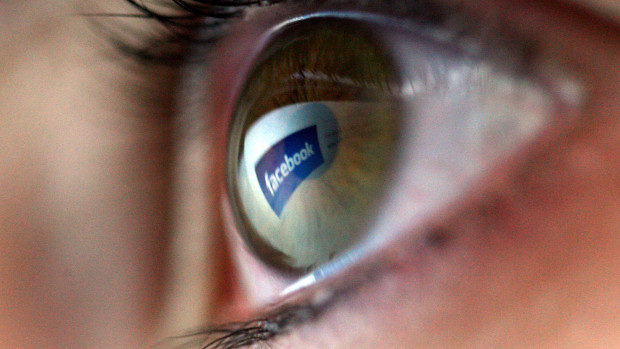If you have a Facebook Page, you know how hard it can be to get your content to show up in your fans’ News Feeds, says Ronn Torossian – who’s company 5W PR has cemented itself within the Tech PR and Startup PR industries.
Competition for this coveted News Feed space is getting fierce: With the number of Pages Liked by the average Facebook user growing each year, Facebook has attempted to filter users’ News Feeds in an attempt to show each user the most relevant content. However, many Page owners aren’t pleased with the way Facebook has done this filtering. Let’s take a look at the way Facebook currently manages News Feed content and see what factors come into play when sorting the feed.
Addressing the Decline in ReachOrganic reach is defined as the percentage of fans that are able to see a Page’s posts. In recent years, organic reach has declined over 50%: This plunge can be correlated with a near 50% increase in the number of Pages Liked by the average user. People may be Liking more and more Pages, but the space in their News Feed remains finite. Therefore, Facebook needs to keep their users engaged and interested by deciding what content gets displayed and what doesn’t.
Facebook’s Filtering Methods
The algorithm used by Facebook to sort and filter content is known as EdgeRank. While about 100,000 factors are used to determine the relevance of a post, some indicators are more powerful than others. Interest, which Facebook measures by the amount of comments, Likes, shares and clicks a post garners, plays a major role in determining relevance. A post creator whose prior posts attracted interest from a user will have an advantage when competing for that user’s News Feed space. Facebook also looks at the types of posts that have been popular with a user in the past, as well the relative newness of the post itself. These factors, combined with many other criteria, are used to assign a relevancy score to each post.
While it’s clear that Facebook’s current approach to Page content isn’t perfect, the company’s methods for preserving News Feed quality are necessary for long-term survival. If Facebook simply displays more Page posts in response to the decline in reach, users may abandon the platform if this content isn’t relevant to them. However, the company needs to be more transparent about how and why their filtering algorithm works. Unless it addresses the concerns of Page owners watching their reach suffer, Facebook runs the risk of becoming a social-media casualty like Myspace.
Read more from Ronn Torossian:
Ronn Torossian on Forbes
Ronn Torossian on Medium
Ronn Torossian on LinkedIn
Ronn Torossian Update
Ronn Torossian on Business Insider

More PR Insights
When To Create A Brand Persona For Your Business
Crafting Messaging For Products Still In Development
Storytelling for Decentralized Organizations: Maintaining Culture Across Distributed Teams